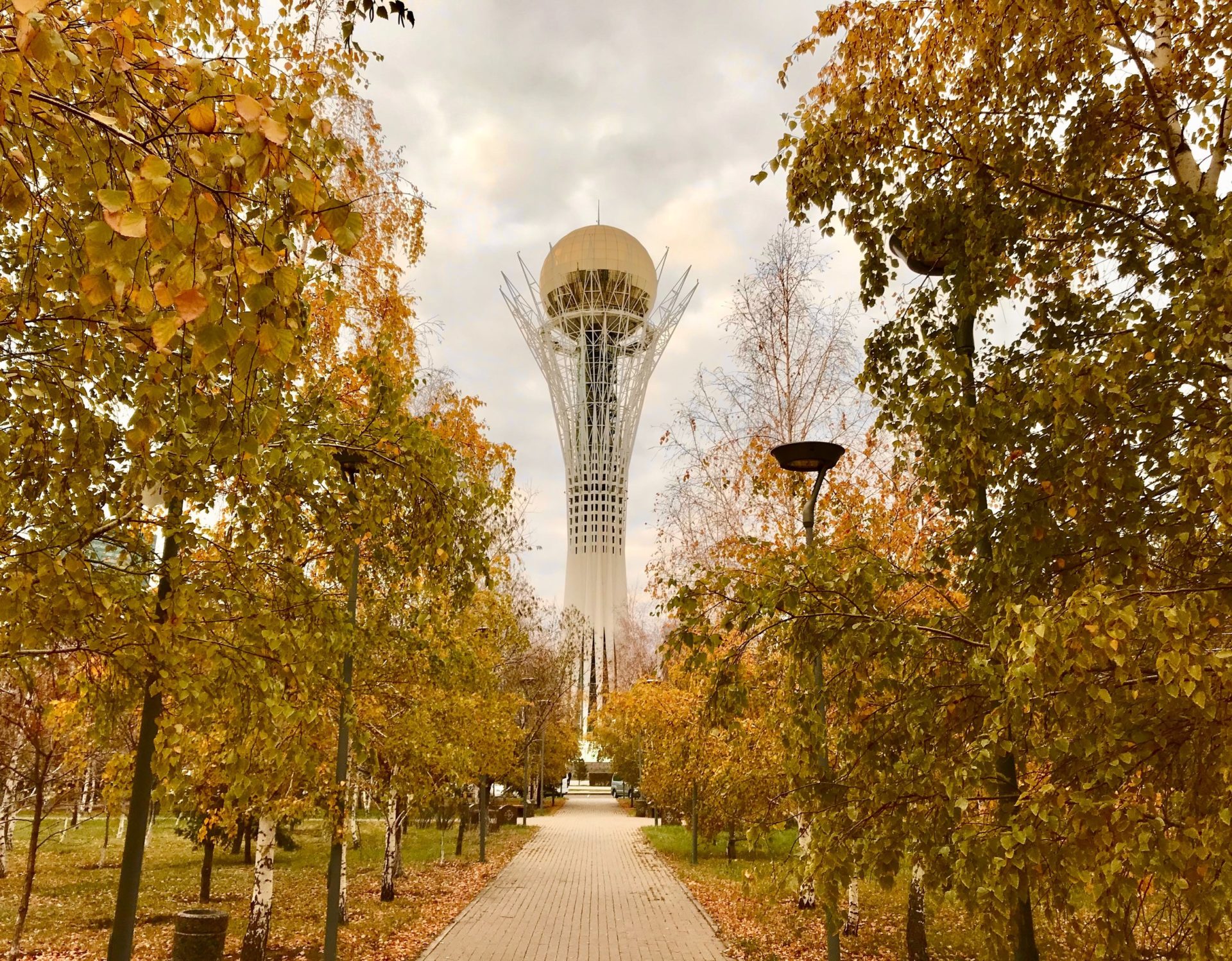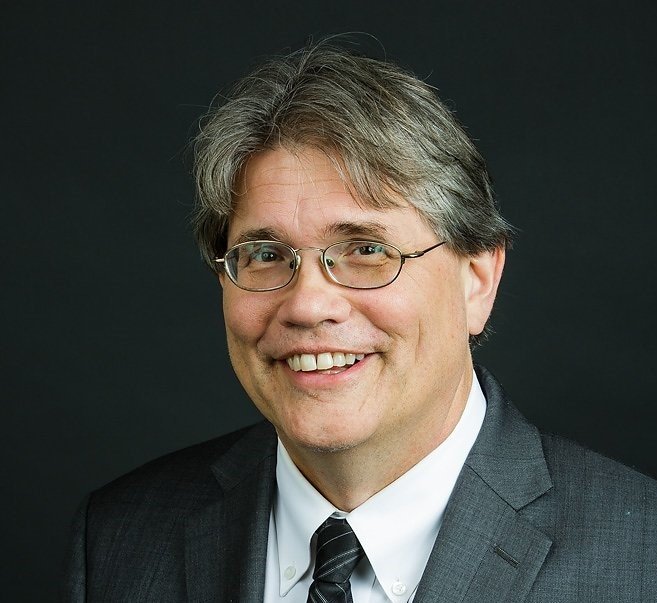
Once, while studying the changes occurring in Kazakhstan, I ended up having dinner with the chief of police in a small town in the south of the country. The dinner started with roasted sheep and plov, and ended with several bottles of vodka. Admittedly, our conversation began with a feeling of suspicion. He demanded I have dinner with him because he just could not fit a western academic into his understanding of the world. By the end of our meal, six or seven hearty hours later, we were good friends.
My new friend took great pleasure in explaining southern Kazakhstan to me. Most people in North America only know of Kazakhstan as lines on a map, but inside those lines lie a mixture of peoples and cultures. Ethnic Kazakhs dominate the south, their primarily nomadic heritage leavened by a healthy sprinkling of Uzbeks and other Central Asians. Kazakhs’ interest in their culture and heritage exploded after the dissolution of the Soviet Union, and in explaining this to me my new friend frequently mentioned their president, Nursultan Nazarbayev, whom he considered a champion of the Kazakh people.
Many years later, I was asked to lunch by the caretaker of the house in northern Kazakhstan where Fyodor Dostoevsky, the famed Russian author and political philosopher, spent his exile. The caretaker identified as an ethnic German, and over our pelmeni and tea he explained to me the magic of the north. Dominated by ethnic Russians but leavened with the descendants of forced migrations, the north hosted research institutes and industrial plants hidden there by the Soviets amongst the mountains and vast forests. In our conversation, the caretaker frequently mentioned Nazarbayev, praising the freedoms that allow those with European heritage to live as they want, and extolling Nazarbayev’s ability to balance relations with Russia and the United States.
Nazarbayev’s hold over the people of Kazakhstan owed far more to his statecraft than to manipulation of elections or suppression of dissent. One of the very early findings of my research was that people in Kazakhstan despised corruption, but in traveling around Kazakhstan I rarely saw that translate into criticism of Nazarbayev himself.
Protests are one way in which Kazakhstani people – usually ethnic Kazakhs – do seek accountability from the government. Near the end of the Soviet period, President Gorbachev attempted to replace the Chair of the Kazakh Communist Party with an ethnic Russian from Russia, triggering a series of protests in Almaty. It was these protests, in fact, that fueled the rise of Kazakhstani nationalist movements, launched Nursultan Nazarbayev’s ascendency, and established him as the nation’s first president.
When Kazakhstan became a country in 1991, Nazarbayev promised reform and modernization. The country did experience profound changes in the 1990s, with mass privatization, market liberalization, and a degree of democratization. Almaty, the largest city and one-time capital, became the economic hub of Central Asia because of these reforms. Today, Almaty is a relatively modern city, welcoming to foreigners, and home base to many foreign firms that operate in the region. Almaty puts on display the wealth of Kazakhstan, earned through its large reserves of oil, uranium, and other resources.
In the 2000s, however, those reforms stalled, and by the 2010s it seemed clear they had ended. For most Kazakhstanis, the reform ended too soon. The typical Kazakhstani does not live in poverty, nor do they experience brutal oppression or the thuggery of a police state. The typical Kazakhstani, however, has also never seen nor really benefitted from the wealth generated by Kazakhstan’s resources and has no means by which to influence the government nor to hold it accountable. The people I have met throughout Kazakhstan are generally content, but also feel that things should be better.
Indeed, in 2011 workers in the west protested working and economic conditions, and in 2016 Kazakhstanis protested land ownership laws, which would allow the sale of land to wealthy foreigners. Each protest evoked changes to laws or policies.
In 2019, after more than three decades of rule, Nazarbayev stepped down from the presidency amid anti-government protests. The protests of 2018-2019 were triggered, as usual, by economic conditions, but eventually grew to include anger over widespread corruption and failed promises. Crowds chanted “shal ket” (meaning “old man out”) at the nearly eighty-year-old president. Nazabayev’s mystique began to fade and he stepped down to be replaced by hand-picked successor Kassym-Jomart Tokayev.
Given Kazakhstan’s history of protests, how are recent protests different? In two ways. First, these protests started peacefully but turned violent in ways rarely seen in Kazakhstani protests. Second, President Tokayev asked for and received military assistance from the Collective Security Treaty Organization, a NATO-like organization dominated by Russia. This was the first deployment of CSTO troops ever.
Kazakhstan’s authoritarian government must be distinguished from police states like North Korea and brutal regimes like Iraq under Hussein. For nearly two decades, most Kazakhstani accepted Nazarbayev as a generally effective leader, even though most would have preferred a more accountable government. After stepping down from office, Nazarbayev retained a loyal following, and both he and members of his family and network retained official positions of power.
Tokayev probably used the violence of the protests to consolidate his own power. Many of Nazarbayev’s allies were stripped of their roles, and Nazarbayev’s role and influence diminished. If, as some report, Nazarbayev’s supporters used the cover of the protests to seize critical infrastructure such as Almaty’s airport, then Tokayev’s power move is even bolder. CSTO troops retook those installations, which could be a clear signal that Russia favors the new President over its previous staunch ally Nazarbayev.
We do not yet know what Tokayev’s consolidation of power means. Tokayev does not have the aura of authority nor of legitimacy that Nazarbayev enjoyed. Can Tokayev command the respect of the North and South, of the different ethnicities that comprise Kazakhstan? Or will ethnic clashes engulf the country, as experienced in Uzbekistan, Georgia, and Yugoslavia?
Perhaps the grievances of ethnic Russians will provoke a response from neighboring Russia – just like Moldova and Ukraine. Will Kazakhstan continue to balance its relationships with Russia, Europe, China, and North America? Or does Tokayev owe too great a debt to Russia? And if Tokayev leans too far toward Russia, does he risk the same fate as Viktor Yanukovych, who was forced out of Ukraine after relying on Russian assistance.
On the other hand, Tokayev’s consolidation of power could open the way for economic and political reform. When Tokayev took office, he promised reform, and with Nazarbayev out of the way, he may make good on those promises, open up the economy, and win the support of a restive public.
Only those with far too much confidence would claim to know the answers to these questions, but I am optimistic. Tokayev understands that his authority rests with the people, and that ethnic animus would destroy the country. Tokayev owes Russia, but measured responses by the West have left room for continued good relationships. Tokayev can initiate reform in ways that open up the economy and the political process and at the same time do not lean too far East or West. I am optimistic that when the pandemic ends, I will continue to enjoy good meals and good stories in Kazakhstan.

Philip M. Nichols
Philip M. Nichols, the Joseph Kolodny Professor of Social Responsibility in Business and a Professor of Legal Studies and Business Ethics at the Wharton School of the University of Pennsylvania, studies and teaches courses on the changes occurring in emerging economies.






